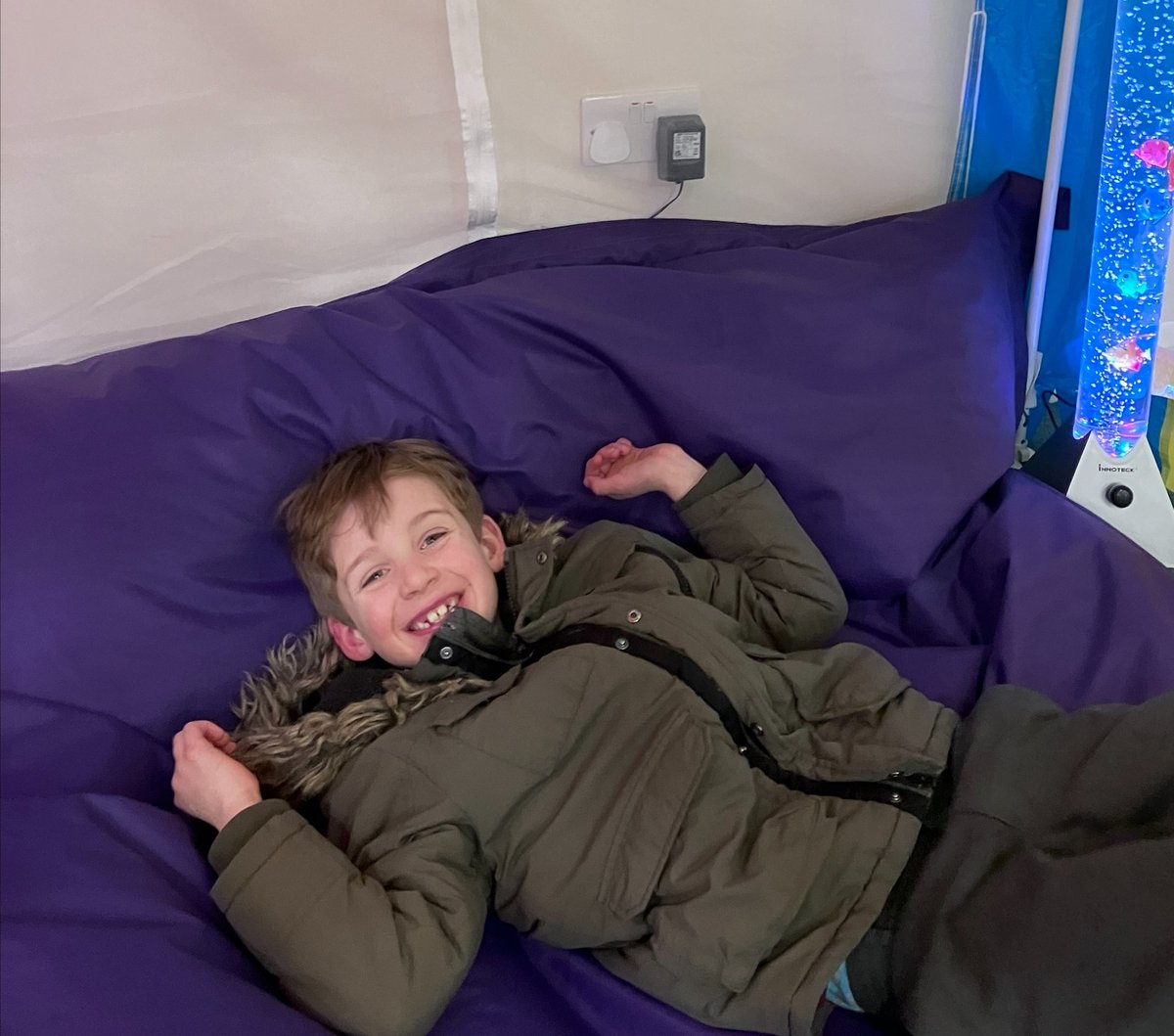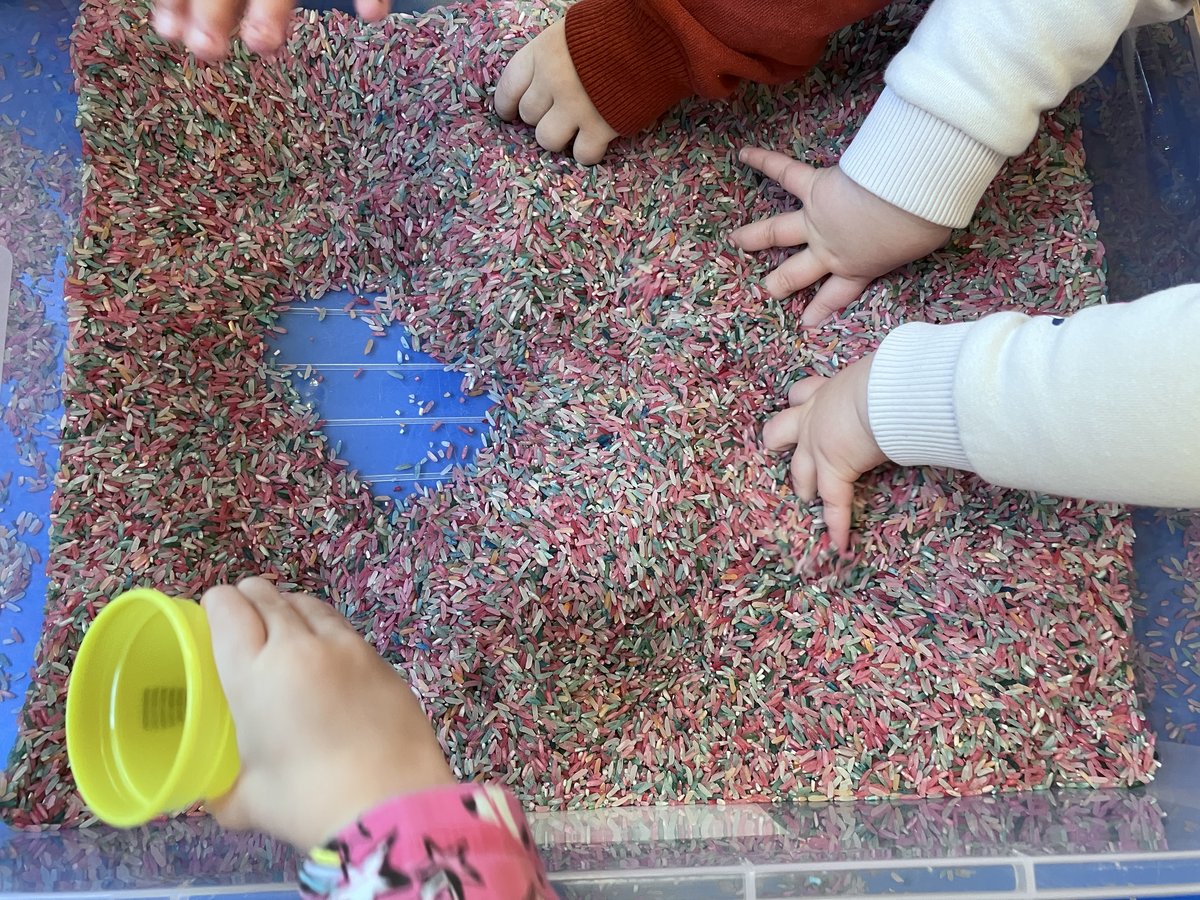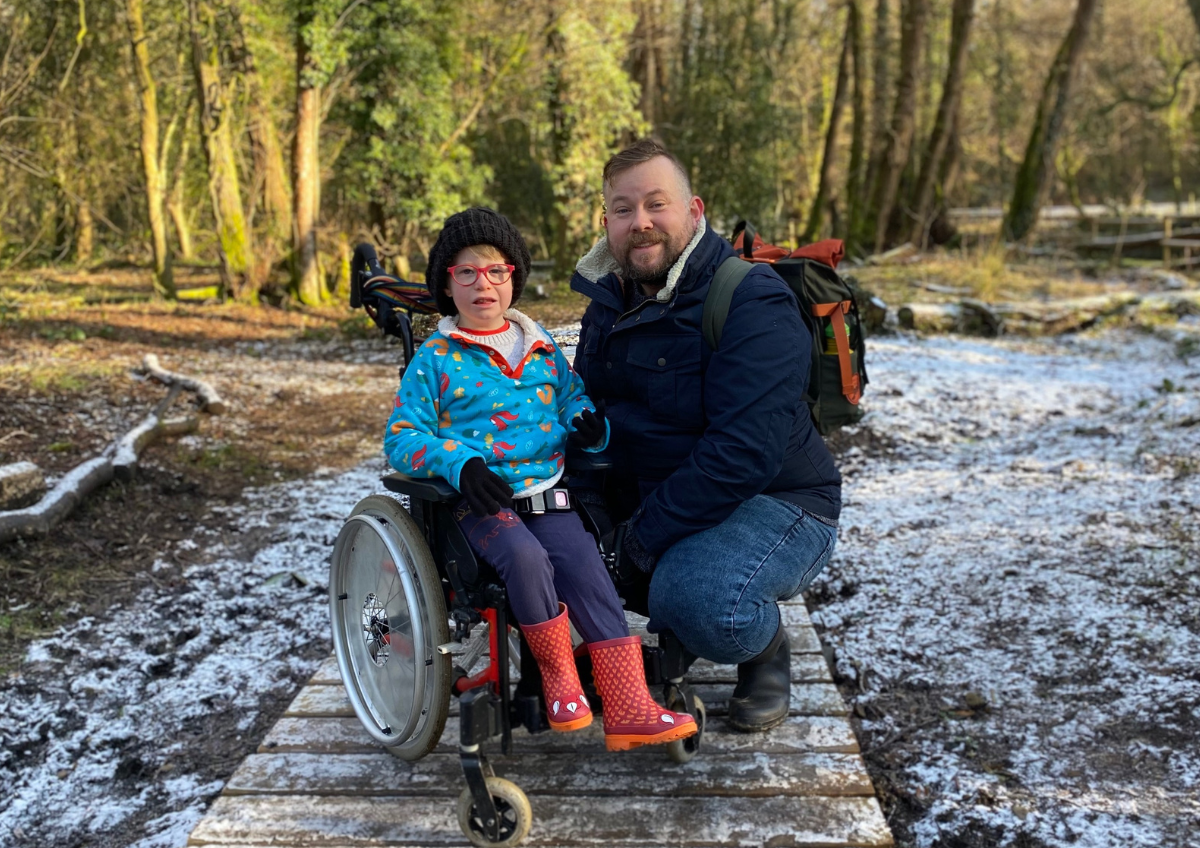"Neurodivergent children shouldn’t be excluded from church.”
A new sensory friendly church project launching in Cardiff will create a more welcoming experience for neurodivergent children. Listen to project lead Becky Heaps talking about this important project on UCB Radio, or read the full story below.

St Mark’s Gabalfa are creating a multi-sensory space to address the sensory needs of children with autism, ADHD, learning disabilities and anxiety. The Cardiff church has signed up to The Sensory Healthy Church program to help them welcome, engage and integrate children with sensory needs into church.
As part of the project, St Mark’s will create a sensory profile with will help families understand the environment they are coming into. The sensory profile shows people what they can expect when they attend Str Mark’s which will help them manage sensory overload.
“Our sensory profile walks families through the sensations and experiences they will have when they visit us,” said Becky Heaps, Children and Families Pastor and project lead. “We explain how they will be greeted, what the seating arrangements, which rooms has music and lights and where our safe sensory space is.”
We are remove barriers that prevent neurodiverse families engaging with church
The church will be providing ear defenders, weighted toys, sensory lights and wobble cushions which have tiny bumps designed to stimulate a child's sensory receptors while they are sitting. The aim is to remove barriers that prevent neurodiverse families engaging with church.

As families began returning to church after Covid, the team at St Mark’s noticed an increase in the number of families with additional needs engaging in their weekly activities. Becky, who has a son with ADHD and autism, noticed an increase in the number of families with additional needs engaging in their weekly activities. Becky said she was inspired by her son to remove barriers that prevent families from being part of a church family.
“I hope our sensory church project will help encourage neurodivergent children to engage with church,” said Becky. “We want to create an environment where children and families understand what environment they are coming into and that they can be themselves when they are here. We are creating a sensory-friendly space that provide a calming sensory experience.”
Becky added, “We long to see each child knowing the joy and wonder of Jesus and growing in relationship with him.
“Being neuro-diverse should not exclude a child having this amazing relationship. We hope that though this project, more children will be introduced to Jesus in ways that are accessible for them.”
Let’s not limit what God can do through people with additional needs.
Ruth Clemence, member of St Mark’s Gabalfa who is helping to launch the initiative, believes sensory church will inspire other churches to consider the needs of neurodivergent children.
“As a parent with neurodivergent children, you can appreciate how they see and experience the world differently,” said Ruth. “Going to church with lots of people talking and singing may be overwhelming for them and this can cause some children to act out. When this happens, their behaviour can often misunderstood so this project is also about raising awareness.
“It is important that we show God’s love to all children. God made us all and God created us with unique gifts. Let’s not limit what God can do through people with additional needs.”

Christoph Auckland, whose son Arthur is a wheelchair user and has complex additional needs, believes sensory profiles are the first step in helping children and young people feel comfortable entering a new building. “Church can be a challenge, from the initial anxieties of attending to the noise and activity of the service, it can be unusual, overwhelming, even frightening. My son Arthur has complex needs, including ASD, and often the anxiety of entering a new building can make going to church impossible. He is a wheelchair user so access and comfortable seating can be a further barrier. Steps, pews, even parking can also be difficult.
The familiarity of the liturgy transforms church into a place of community and comfort.
“We’ve had incidents where we couldn’t even get into the church, or find a place he could sit comfortably. But when mitigations such as a sensory profile are in place, those anxieties and barriers are changed, and the sights, sounds and smells become calming and familiar. And for Arthur particularly, the rhythm and familiarity of the liturgy transforms church into a place of community and comfort.”
St Mark’s are working with Mark Arnold from Urban Saints who delivers a training programme for churches who wish to include autistic children and young people. Training provides advice on how to make church a space where Autistic children and young people can thrive and how church members can be agents of change by building a better place for accessibility, inclusion, belonging and spiritual development for all. Resources, training and support will be provided by the Sensory Healthy Church programme, which has been developed by CHOTS (Christian Occupational Therapy Support).
Christoph, who is also the Outreach Lead for the Diocese of Llandaff, added, “Children with complex needs, children like Arthur, are as much the image of God as anyone else, and how we welcome and support them is a reflection of how we welcome God. The diocese is committed to supporting churches and ministry areas to ensure their buildings and services are set up to welcome everyone because, as Jesus reminds us, ‘whatever you did for one of the least of these brothers and sisters of mine, you did for me.’”